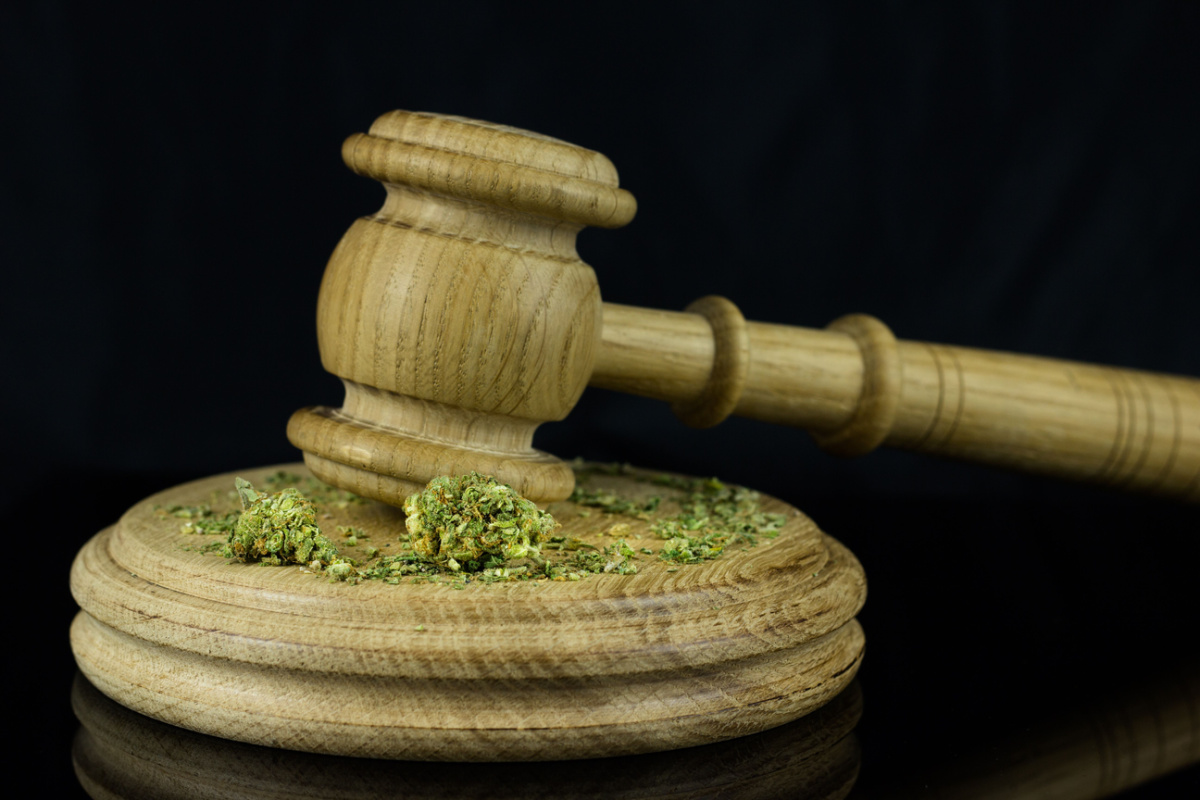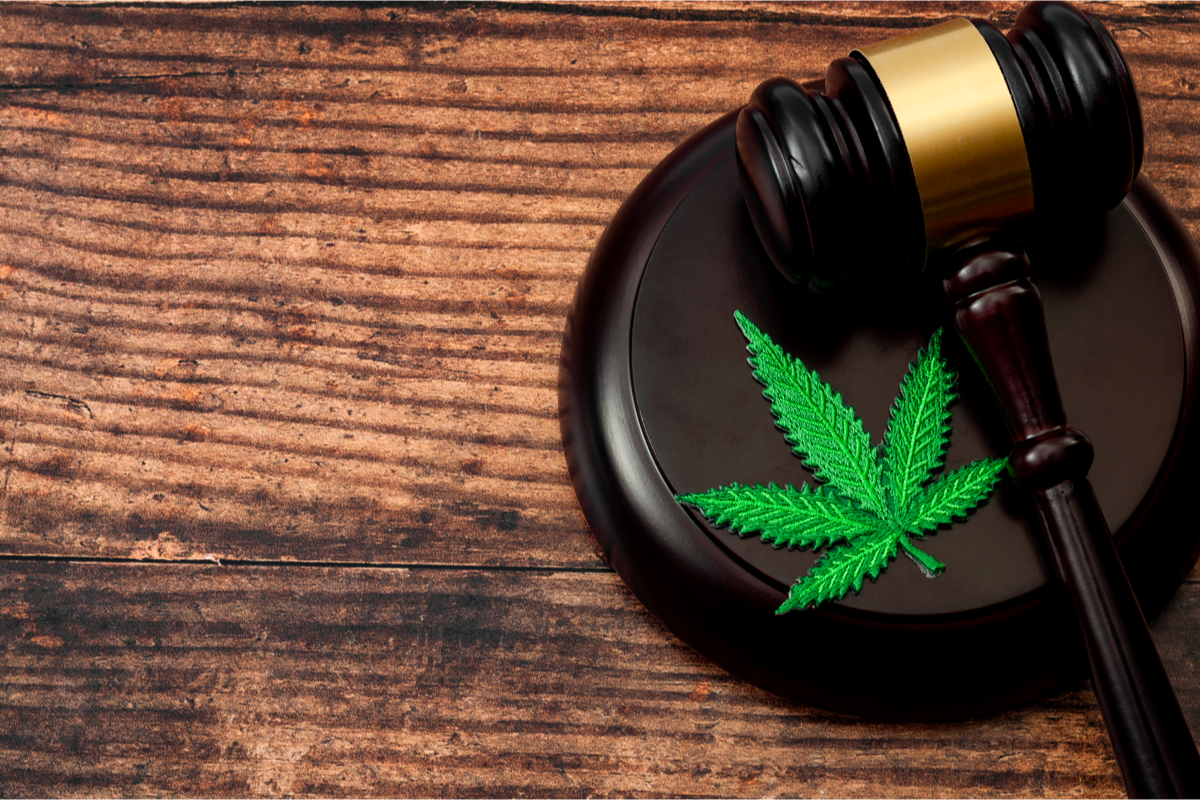Louisiana has undergone significant changes in its approach to marijuana laws. Once known for stringent policies, recent legislative shifts reflect a more lenient stance. One noteworthy update includes decriminalizing possession of small amounts of marijuana for personal use. Before these reforms, individuals could face severe consequences including jail time, even for minor offenses. Now, such offenses often result in monetary fines instead of criminal charges.
Moreover, these legislative alterations have an impact on prior convictions. A ripple effect is occurring where people with past offenses have the opportunity for record expungement. Essentially, past convictions for minor marijuana possession could be erased, offering a clean slate for many.
These reforms do more than just alter the legal landscape; they influence lives directly. By reducing the severity of penalties and allowing for expungement, Louisiana is redefining its societal view on marijuana use and its related crimes. It’s a significant shift worth paying close attention to, both for those previously convicted and for anyone interested in drug laws.
Re-examining Past Drug Convictions: An Overview
In light of new marijuana law reforms in Louisiana, it’s time to talk about the implications for individuals with past drug convictions. Not long ago, a drug charge could upend someone’s life, leading to hardships in everything from employment to housing. Recent changes, however, open doors for many who were previously convicted. One of the biggest shifts involves the possibility of expunging past offenses from public records.
Expungement essentially wipes clean certain convictions, making it easier for individuals to move forward without the burden of a criminal record. For example, someone convicted for possessing a small amount of marijuana might be eligible for expungement, resulting in a clearer path to job opportunities and more.
Such changes reflect a broader societal shift in how drug offenses, particularly those involving marijuana, are viewed. Louisiana’s recent legal adjustments signal a more forgiving and nuanced approach to drug-related offenses, which has long-term benefits for numerous people.
Eligibility Criteria for Expunging Marijuana Offenses
Eligibility for expunging marijuana offenses in Louisiana has become a topic of interest due to recent law changes. Expungement is essentially a legal erasure of certain criminal records, making it easier for people to secure jobs or housing. Please note Louisiana’s new marijuana laws mostly target minor possession charges for expungement.
Generally, offenses involving a small amount of marijuana for personal use are the ones considered for expungement. People with multiple drug-related convictions may find it more challenging to qualify. It’s also unlikely for serious drug offenses, like trafficking or distribution, to be eligible.
It’s not just the type of conviction in question; timing can also play a role. A certain period must usually pass without any additional convictions before someone becomes eligible for expungement. Overall, the criteria for expungement reflect Louisiana’s growing leniency towards minor marijuana offenses.
A Walkthrough of Legal Processes: Overturning Past Marijuana Convictions
Overturning past marijuana convictions involves a series of legal steps, but the pathway has been somewhat smoothed by Louisiana’s recent law changes. First and foremost, individuals must determine if they are eligible for expungement. After identifying eligibility, paperwork comes into play. Official forms, including court documents and possibly police reports, may be required to start the process.
Once all required documents are collected, individuals submit them to the court. A judge reviews these submissions and makes a ruling based on the information provided as well as the specific circumstances surrounding the past offense. If the judge approves the expungement, an individual’s criminal record for a specific offense gets erased, effectively giving them a fresh start.
While the procedure may appear straightforward, it’s often accompanied by waiting periods and several court visits. Nevertheless, the option to overturn a past marijuana conviction is a significant development for many, offering an opportunity for a cleaner slate.
Monetary Implications: Fines and Restitution Revisited
One of the most immediate benefits of Louisiana’s updated marijuana laws lies in the area of monetary penalties. Before the reforms, even minor offenses could lead to hefty fines and sometimes even asset forfeiture. However, the new laws have shifted the focus more towards civil penalties, such as reduced fines, for minor offenses like small-scale possession.
For those with past convictions, these changes can also make a difference. In some cases, individuals might be able to petition the court for adjustments to fines or restitution previously ordered. This doesn’t necessarily mean all financial obligations will be wiped away, but it does open doors for possible revisions to financial penalties imposed under old laws.
These changes in monetary policy are especially significant for low-income individuals, who were often hit hardest by the previous regime of high fines and asset forfeiture. The new laws offer a more balanced approach, allowing for fairer financial outcomes.
Employment Horizons: How Marijuana Law Reforms Affect Job Prospects
Changes to Louisiana’s marijuana laws carry far-reaching consequences, especially in employment. Past drug convictions have often served as barriers to job opportunities, given many employers perform background checks. However, the option to expunge minor marijuana offenses can create more favorable conditions for job seekers. Once a record is expunged, it generally won’t appear in most types of background checks, which could make it easier to secure a job.
Furthermore, less punitive measures for minor offenses mean fewer people will have drug convictions on their records going forward. Employers might also be evolving in their views about past marijuana use, particularly as it becomes decriminalized or even legalized in various parts of the country.
Overall, these legal reforms can have a positive impact on someone’s job prospects, leveling the playing field for those who have been convicted of minor marijuana offenses in the past.
Family Matters: Custodial Rights and Reformed Drug Laws

Recent changes in Louisiana’s marijuana laws can also have an impact on family dynamics, especially when it comes to custodial rights. In the past, a drug conviction could be a significant stumbling block for parents involved in custody battles. Judges often considered these convictions when determining the best interests of a child. However, with the option to expunge minor marijuana offenses, parents may face fewer hurdles in family court.
The new laws could also ease tensions during divorce proceedings or custody negotiations. Reduced stigma surrounding minor marijuana offenses might result in these issues being less contentious in legal discussions. Moreover, fewer people facing severe penalties for minor offenses means fewer families disrupted by jail sentences and hefty fines.
In summary, while drug laws and family matters may seem unrelated at first glance, the recent reforms in marijuana laws are closely linked to family integrity and parental rights.
Call 504-523-6496 or contact our expert team for a free consultation.

